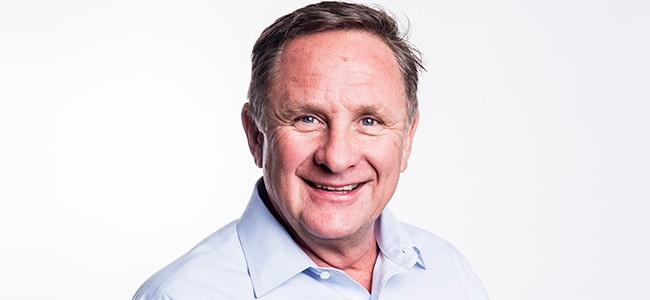
Grocery retailer Pick n Pay is taking a cautious approach to accepting cryptocurrency Bitcoin.
This comes after has the retailer moved to accept payment using the cryptocurrency at one of its Cape Town stores. Local payments technology company Electrum said in what is potentially a world first for a major grocery retailer, Electrum has enabled Pick n Pay to accept Bitcoin payments in-store.
Responding to ITWeb questions via e-mail following the development, Richard van Rensburg, deputy CEO of Pick n Pay, said the retailer recently successfully piloted accepting Bitcoin as a tender in one of its stores.
"Our IT team worked closely with tech innovation teams from Electrum and Luno. We designed a process from user registration (FICA), tender acceptance at point of sale to funds authorisation, currency exchange in real-time during the transaction, and instant payment settlement."
He pointed out the pilot was limited to the canteen store in Pick n Pay's head office for a specific period of time and is no longer active.
The checkout process is as simple as scanning a QR code using a Bitcoin wallet app on the customer's smartphone.
"We don't expect that in the near term, accepting Bitcoin will unlock any significant new business and we are unlikely to roll-out the solution until the payments industry and regulatory authorities have established a framework for managing the risks associated with cryptocurrencies. We have proved to ourselves, though, that it is technically possible to roll-out a solution very quickly.
"That said, we are very excited about what we have learnt and about what the long-term promise of cryptocurrencies holds for our industry and our customers."
According to Van Rensburg, Pick n Pay undertook this pilot for two reasons. He explained that accepting cryptocurrency holds the promise of being both frictionless and safe, and therefore, has the potential to be a big game-changer for the retail industry.

"Our pilot resulted in a transaction that was safe - there is no cash risk and no card fraud risk. The process we designed enabled us to know the identity of the customer because we required the customer to undergo a once-off FICA process to be registered to transact.
"For us, the transaction was frictionless and free. For our customer, the transaction was also frictionless and, while there are no transaction costs for the customer, the process of exchanging Bitcoin was expensive. The cryptocurrency industry has some way to go to create a low-cost currency exchange process."
He said cryptocurrencies are still in relative infancy, and it would take some time before they become widely accepted as a form of tender.
"Progress is unlikely to be hampered by technology, but rather by regulatory issues and concerns. Cryptocurrencies have the potential to provide a cheap and frictionless cashless payment platform in the future, and we believe it is this that will drive their eventual adoption by the industry."
Van Rensburg added the second reason the retailer conducted the pilot had nothing to do with cryptocurrencies, but to prove the opportunity of Pick n Pay's value-added services platform.
"We have been working with our partners to build an open interface to our point-of-sale environment for value-added services that will enable third-party providers to bring new services and capabilities to our customers in our stores.
"Accepting Bitcoins at our stores was made possible through the design of this value-added service platform interface. Further examples would include accepting third-party electronic vouchers, issuing event and travel tickets and purchasing virtual products such as airtime and electricity."
Pick n Pay believes building a collaborative, inclusive outlook to working with tech partners will help it bring better innovation to customers.
"We look forward to playing our part in the ongoing discussions and developments with the regulatory authorities, the payments industry and technology partners in the cryptocurrency industry to further develop a potentially valuable platform for the economy going forward," Van Rensburg concluded.
Share